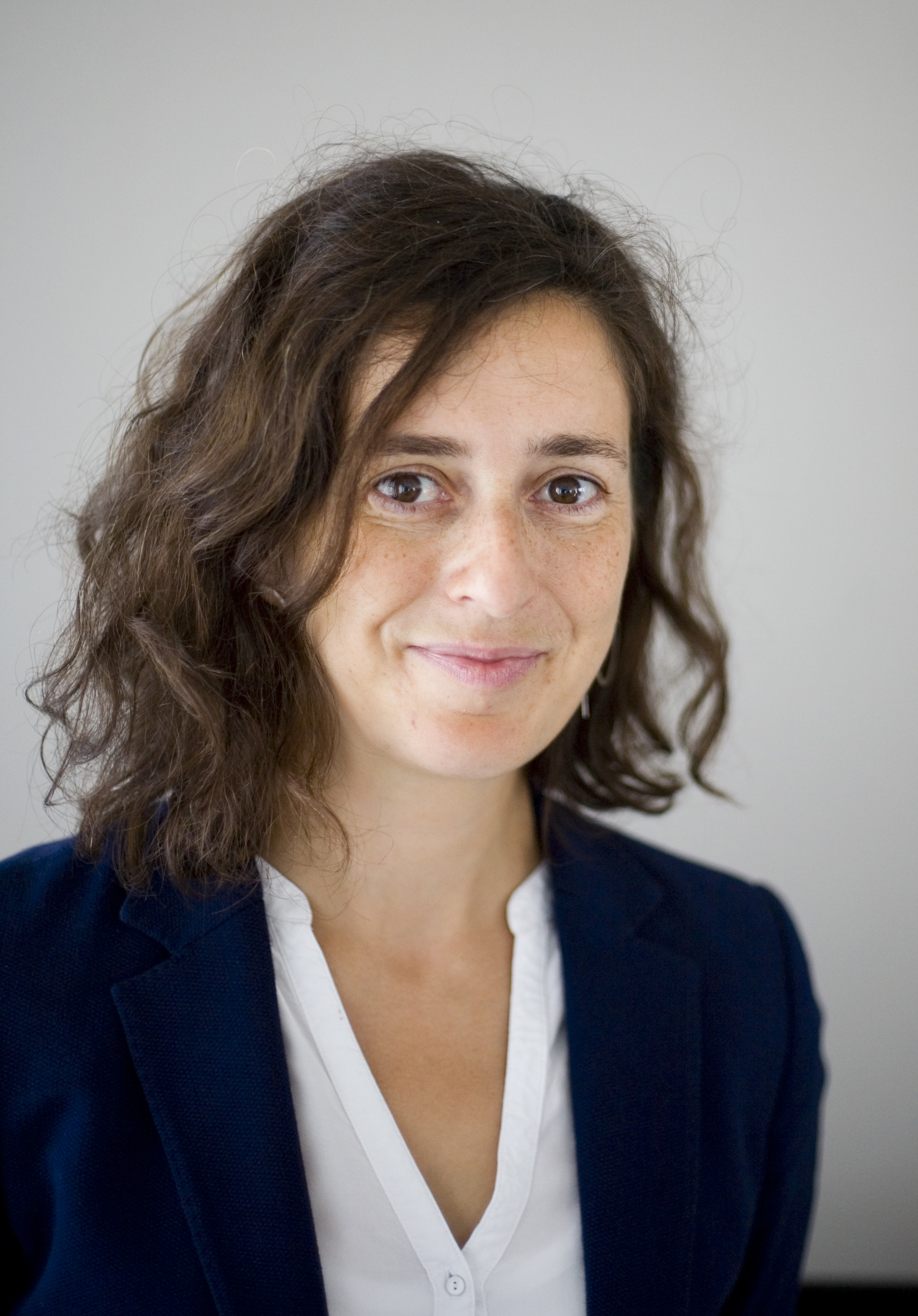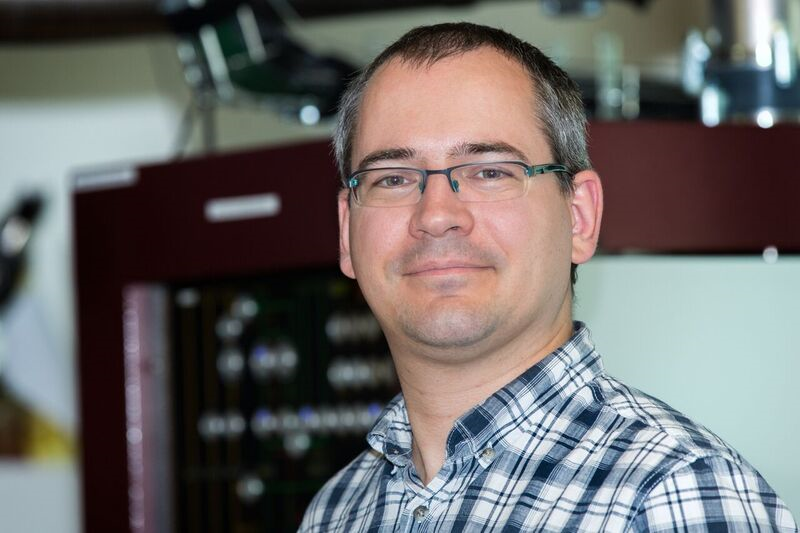ERC Starting Grants for two AS researchers
ERC Starting Grants 2018 for two AS researchers
The European Research Council has awarded ERC Starting Grants to Sonia Conesa-Boj and Attila Geresdi of the Faculty of Applied Sciences. The grants (1,5 million euros for a five-year programme) are intended to support scientists who are in the early stages of their career and have already produced excellent supervised work.
Please read on for a more in-depth explanation of the two awarded ERC-proposals.
Tuneable electronics from edge structures in 1D layered materials - Sonia Conesa-Boj
Layered materials have recently attracted tremendous attention in fields ranging from energy storage to electronic and optoelectronic devices. In this project, Conesa-Boj (Quantum Nanoscience) will study how the unique properties of layered materials, which are fully functional down a single atomic layer, can be further expanded and enriched by exploiting the one-dimensional (1D) geometry. Metallic edge states, ferromagnetic behaviour, and unsuppressed mobilities are some of the novel exciting properties that have been predicted to arise in this 1D configuration. The reason is that at the 1D nanoscale limit the lateral edges of layered materials become dominant, opening novel opportunities to tune edge-induced electrical properties leading to e.g. enhanced charge carrier mobility. However, before these exciting prospects of 1D layered materials based electronic devices can be fully realized, we must be able to dramatically enhance our ability to characterize and control their edge-induce properties down to the atomic scale.
The main goal of this project is to obtain precise understanding and control of the unique relationship between structural and electrical edge-induced properties of 1D layered materials. This can be achieved by pushing the limits of state-of-the-art electron microscopy, allowing simultaneous unprecedented spatial and spectral resolution. Beyond the optimization of electron microscopy for 1D layered materials studies, Conesa-Boj will investigate semiconducting-to-metal and ferromagnetic transitions by realising controllable edge structures. This project will provide input towards novel quantum technologies for developing low-energy-consumption tuneable electronics, efficient signal processing, and quantum computation.

Simulated Majorana states - Attila Geresdi
Scalable quantum technologies have the potential to reach scientific and technological goals that are otherwise deemed impossible, such as truly secure communication, development of tailored molecules, or exponential speedup of machine learning algorithms. However, quantum states are inherently fragile, and their coherence is easily lost due to interaction with the environment.
Geresdi (QuTech) and his team will build their research efforts based on the concept of topological protection: there are unique electronic states, called Majorana bound states, that are protected from a noisy environment and hence can be the robust building blocks of quantum computers.
How to reach these Majorana states? Geresdi proposes to utilize a well-understood and flexible platform: a linear array of quantum dots. In this system, the quantum behaviour of the electrons in the dots maps to a one-dimensional topological superconductor, hosting a Majorana state on each end of the chain. This concept of analogue quantum simulation enables the investigation and control of complex quantum systems, even those that are inaccessible for classical computer simulations.

Click here for a list of all selected researchers by The European Research Council.